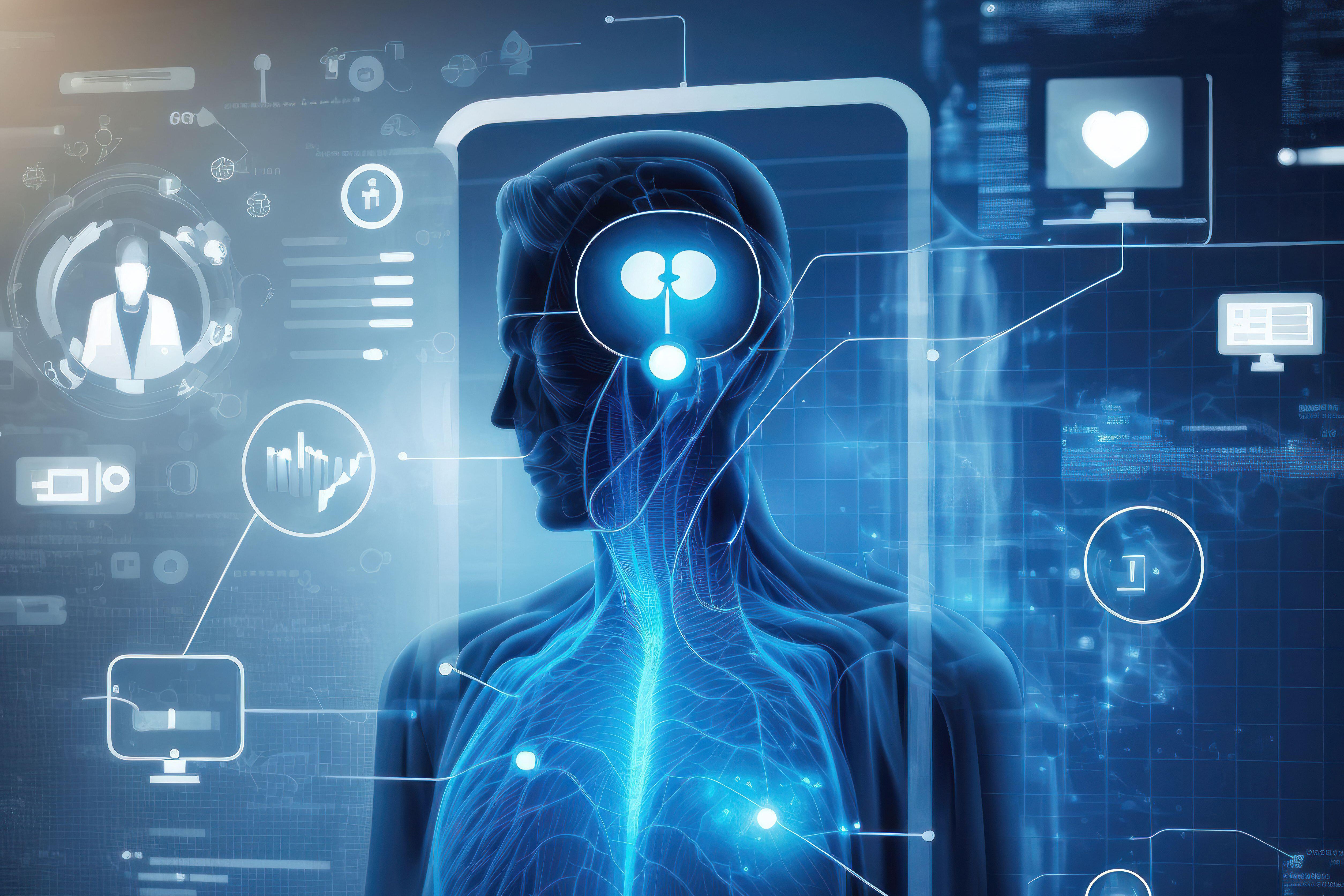
AI’s Role in the Future of Healthcare and Diagnostics: A Transformative CatalystAI’s Role in the Future of Healthcare and Diagnostics: A Transformative Catalyst Artificial intelligence (AI) is rapidly becoming an indispensable tool in the healthcare industry, poised to revolutionize diagnostics, treatments, and patient care. Here are some key ways AI is shaping the future of medicine: Enhanced Diagnostics: * Machine learning algorithms: Analyze vast amounts of medical data to identify patterns and anomalies that may escape human detection. * Image recognition: AI-powered systems can analyze medical images (e.g., X-rays, CT scans) to detect diseases earlier and more accurately than traditional methods. * Predictive analytics: AI models can predict the likelihood of developing certain diseases based on risk factors, enabling early intervention. Personalized Medicine: * Tailored treatment plans: AI algorithms can analyze patient-specific data (e.g., medical history, genetic makeup) to develop personalized treatment plans. * Personalized drug discovery: AI tools accelerate the development of new drugs by identifying promising compounds and predicting their efficacy. * Precision medicine: AI enables the identification of biomarkers that guide treatment decisions, leading to more targeted and effective therapies. Automated Processes: * Streamlining medical records: AI systems can automate the review and analysis of medical records, improving efficiency and reducing human error. * Virtual assistants: Chatbots powered by AI provide real-time support to patients, answering questions and scheduling appointments. * Remote monitoring: AI-enabled wearables and sensors continuously track health metrics, allowing for early detection of potential issues. Improved Decision-Making: * Clinical decision support: AI systems assist healthcare providers in making informed decisions by accessing real-time data and evidence-based guidelines. * Risk assessment: AI models can predict the risk of complications or adverse events, helping providers prioritize care and allocate resources effectively. * Patient engagement: AI-powered tools promote patient engagement, enabling them to access their medical records, communicate with providers, and manage their own health. Ethical Considerations: As AI plays an increasingly significant role in healthcare, it is essential to address ethical considerations: * Data privacy and security: Protecting patient data from breaches is paramount. * Bias: AI systems can inherit biases from the data they are trained on, potentially leading to unfair or discriminatory outcomes. * Transparency and accountability: Clear guidelines and regulations must be established to ensure the responsible and equitable use of AI in healthcare. Conclusion: AI is poised to transform healthcare and diagnostics in myriad ways. By enhancing diagnostics, personalizing medicine, automating processes, improving decision-making, and addressing ethical concerns, AI has the potential to revolutionize the way we deliver and experience healthcare. As the technology continues to evolve, we can anticipate further advancements and innovations that will improve patient outcomes and revolutionize the future of medicine.
Posted inNews